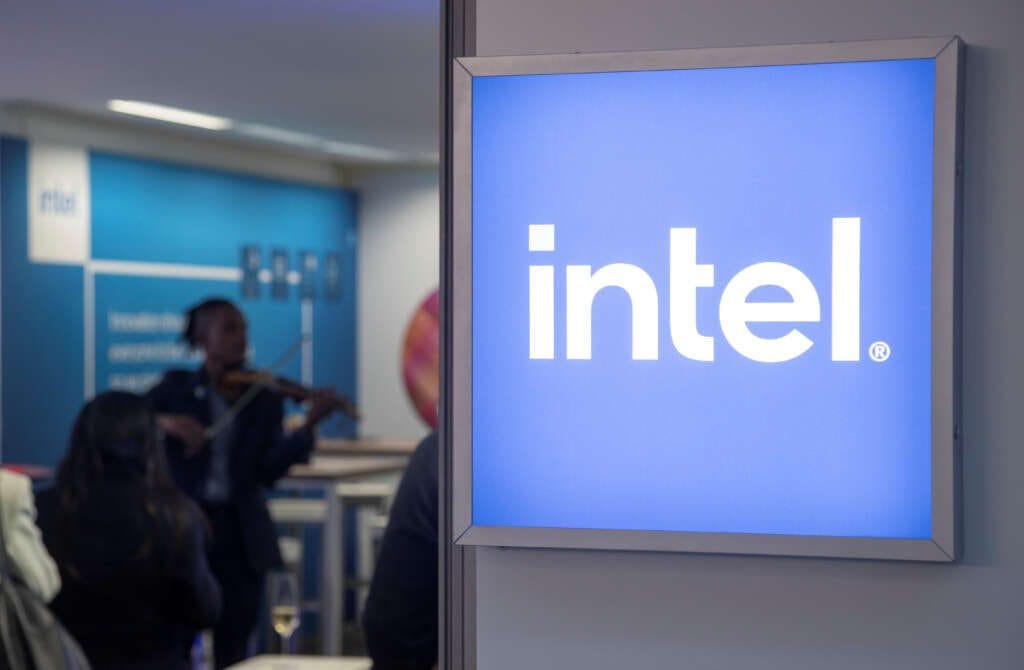
By Stephen Nellis
(Reuters) -Raja Koduri, the chief architect at Intel Corp, is leaving to start a company that aims to loosen longtime rival Nvidia Corp’s grip on the digital movie and video game markets.
Koduri, whose departure was announced by Intel Chief Executive Pat Gelsinger in a tweet on Tuesday, told Reuters his as-yet-unnamed company will aim to make a new wave of so-called generative artificial intelligence tools that work on chips from Intel, Advanced Micro Devices, Apple Inc or even future chips based on open-source RISC-V technology.
New software tools can generate fresh imagery from just a text prompt and hold great promise for fields like visual effects and video games, Koduri said. But they typically are designed to work only on Nvidia chips.
Koduri said his first efforts will be aimed at creating a service that lets movie and game artists easily use those AI tools whether they are using a PC, Mac, iPad or other device without having to dive deep into software code.
Those artists “are not technical. They just get baffled by all this stuff,” Koduri said.
Koduri, a veteran of Advanced Micro Devices and Apple Inc, joined Intel five years ago. He was part of a wave of outsiders hired by Intel, which had been known in the chip industry for promoting executives from within, to rethink the company’s approach as it lost market share to rivals.
But Koduri, who has worked on nearly two dozen generations of computer graphics chips, has also had a long interest in movies. More than a decade ago, he helped fund a special effects firm in India called Makuta Effects that will be rolled into the new venture, and one of his cousins recently won an Oscar for work on the Telugu blockbuster “RRR.”
Though he declined to give a dollar figure, Koduri said he has raised a round of seed funding for his new venture and that it will have a major presence in India as well as Singapore and the United States.
He said the company would work on software to support chips made with open-source technology such as RISC-V.
“Any RISC-V based or open architecture based hardware that’s available, we will be the first user to give them feedback and encourage them,” he said. “Because to truly democratize AI computing for everybody, we have got to get the cost down dramatically.”
(Reporting by Stephen Nellis in San Francisco;Editing by Leslie Adler and Alison Williams)


